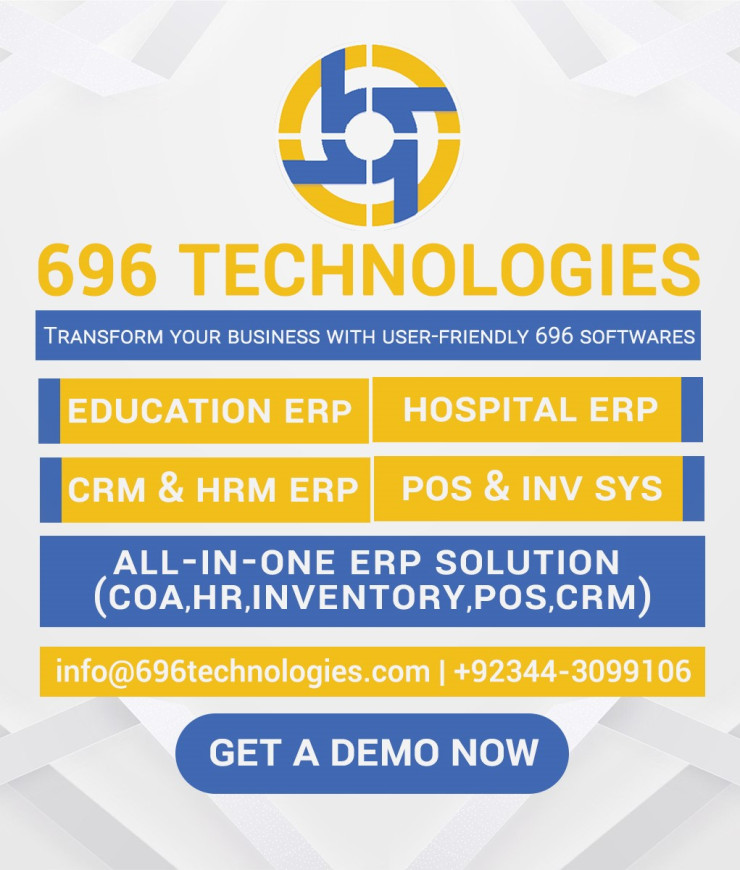Cloud resources have emerged as a revolutionary in today's digital landscape, providing businesses with unprecedented opportunities for growth and innovation. By harnessing the potential of cloud computing services, organizations can optimize their operations, enhance scalability, and streamline processes, leading to improved efficiency and agility. Cloud resources offer a flexible and cost-effective solution for data storage, collaboration, and application deployment, empowering businesses to stay competitive and adapt to the ever-evolving digital era.
Breaking Free from Traditional Constraint
In the past, organizations were limited by on-premises infrastructure, requiring significant upfront investments and ongoing maintenance costs. Cloud computing services have revolutionized this paradigm by offering three main types of cloud services
1. Infrastructure-as-a-Service (IaaS): IaaS provides virtualized computing resources over the internet. It offers virtual machines, storage, and networking capabilities on a pay-as-you-go basis. With IaaS, organizations can avoid the upfront cost and complexity of owning and maintaining physical servers and data centers. Instead, they can rent the infrastructure they need from a cloud service provider.
2. Platform-as-a-Service (PaaS): PaaS is a cloud computing service that provides a platform and environment for developers to build, deploy, and manage applications. It includes the tools, development frameworks, and runtime environments needed to streamline the application development process. PaaS allows developers to focus on writing code without worrying about underlying infrastructure or server management.
3. Software-as-a-Service (SaaS): SaaS delivers software applications over the internet on a subscription basis. Instead of installing and maintaining software on individual devices, users can access and use applications through a web browser. SaaS eliminates the need for organizations to handle software installation, maintenance, and updates, as these responsibilities lie with the SaaS provider.
With these cloud computing models, businesses can quickly scale their resources up or down based on their needs, eliminating the constraints of physical infrastructure and enabling cost optimization.
Leveraging Cutting-Edge Technologies
Moreover, cloud resources enable businesses to access advanced technologies and tools that were previously reserved for large enterprises with substantial IT budgets. Cloud platforms provide ready-to-use services such as artificial intelligence, machine learning, data analytics, and Internet of Things (IoT), empowering organizations to leverage these technologies to gain valuable insights, automate processes, and enhance decision-making.
Enhancing Collaboration and Productivity
Another significant advantage of cloud resources is the seamless collaboration they facilitate. With cloud-based productivity suites and file-sharing platforms, teams can collaborate in real-time, regardless of their geographical locations. This fosters efficient communication, boosts productivity, and enables seamless workflow management, empowering businesses to adapt to remote work environments and foster global collaborations.
Robust Security and Compliance
Furthermore, cloud resources offer robust data security measures, including data encryption, access controls, and regular backups. Cloud service providers invest heavily in security infrastructure and employ dedicated teams to monitor and mitigate potential risks. This helps businesses safeguard their sensitive data and ensure compliance with industry regulations, providing peace of mind to both organizations and their customers.
Shifting Focus to Innovation
The benefits of cloud resources extend beyond technical aspects. By leveraging the cloud, businesses can shift their focus from managing infrastructure to driving innovation and delivering value to their customers. The scalability and agility offered by cloud resources allow organizations to experiment, iterate, and launch new products and services more quickly. This promotes innovation and enables businesses to respond rapidly to market demands, gaining a competitive edge.
Three Types of Cloud Models
1. Public Cloud: Leveraging the services of third-party cloud service providers like 696tech, public cloud computing offers scalable resources and cost-effective solutions to businesses of all sizes.*
2. Private Cloud: Ideal for organizations with specific security and compliance requirements, a private cloud offers dedicated resources within the organization's firewall, ensuring enhanced control and data privacy.
3. Hybrid Cloud: Combining the best of both worlds, the hybrid cloud integrates public and private cloud environments, enabling seamless data migration, optimal resource allocation, and greater flexibility.
In conclusion, cloud resources have become a cornerstone of the digital era, empowering businesses to transform and thrive. From cost savings and scalability to advanced technologies and enhanced collaboration, the cloud offers a myriad of opportunities for organizations across industries. Embracing cloud computing services is no longer an option but a necessity for businesses seeking to stay relevant, agile, and competitive in the fast-paced digital landscape.
Breaking Free from Traditional Constraint
In the past, organizations were limited by on-premises infrastructure, requiring significant upfront investments and ongoing maintenance costs. Cloud computing services have revolutionized this paradigm by offering three main types of cloud services
1. Infrastructure-as-a-Service (IaaS): IaaS provides virtualized computing resources over the internet. It offers virtual machines, storage, and networking capabilities on a pay-as-you-go basis. With IaaS, organizations can avoid the upfront cost and complexity of owning and maintaining physical servers and data centers. Instead, they can rent the infrastructure they need from a cloud service provider.
2. Platform-as-a-Service (PaaS): PaaS is a cloud computing service that provides a platform and environment for developers to build, deploy, and manage applications. It includes the tools, development frameworks, and runtime environments needed to streamline the application development process. PaaS allows developers to focus on writing code without worrying about underlying infrastructure or server management.
3. Software-as-a-Service (SaaS): SaaS delivers software applications over the internet on a subscription basis. Instead of installing and maintaining software on individual devices, users can access and use applications through a web browser. SaaS eliminates the need for organizations to handle software installation, maintenance, and updates, as these responsibilities lie with the SaaS provider.
With these cloud computing models, businesses can quickly scale their resources up or down based on their needs, eliminating the constraints of physical infrastructure and enabling cost optimization.
Leveraging Cutting-Edge Technologies
Moreover, cloud resources enable businesses to access advanced technologies and tools that were previously reserved for large enterprises with substantial IT budgets. Cloud platforms provide ready-to-use services such as artificial intelligence, machine learning, data analytics, and Internet of Things (IoT), empowering organizations to leverage these technologies to gain valuable insights, automate processes, and enhance decision-making.
Enhancing Collaboration and Productivity
Another significant advantage of cloud resources is the seamless collaboration they facilitate. With cloud-based productivity suites and file-sharing platforms, teams can collaborate in real-time, regardless of their geographical locations. This fosters efficient communication, boosts productivity, and enables seamless workflow management, empowering businesses to adapt to remote work environments and foster global collaborations.
Robust Security and Compliance
Furthermore, cloud resources offer robust data security measures, including data encryption, access controls, and regular backups. Cloud service providers invest heavily in security infrastructure and employ dedicated teams to monitor and mitigate potential risks. This helps businesses safeguard their sensitive data and ensure compliance with industry regulations, providing peace of mind to both organizations and their customers.
Shifting Focus to Innovation
The benefits of cloud resources extend beyond technical aspects. By leveraging the cloud, businesses can shift their focus from managing infrastructure to driving innovation and delivering value to their customers. The scalability and agility offered by cloud resources allow organizations to experiment, iterate, and launch new products and services more quickly. This promotes innovation and enables businesses to respond rapidly to market demands, gaining a competitive edge.
Three Types of Cloud Models
1. Public Cloud: Leveraging the services of third-party cloud service providers like 696tech, public cloud computing offers scalable resources and cost-effective solutions to businesses of all sizes.*
2. Private Cloud: Ideal for organizations with specific security and compliance requirements, a private cloud offers dedicated resources within the organization's firewall, ensuring enhanced control and data privacy.
3. Hybrid Cloud: Combining the best of both worlds, the hybrid cloud integrates public and private cloud environments, enabling seamless data migration, optimal resource allocation, and greater flexibility.
In conclusion, cloud resources have become a cornerstone of the digital era, empowering businesses to transform and thrive. From cost savings and scalability to advanced technologies and enhanced collaboration, the cloud offers a myriad of opportunities for organizations across industries. Embracing cloud computing services is no longer an option but a necessity for businesses seeking to stay relevant, agile, and competitive in the fast-paced digital landscape.






